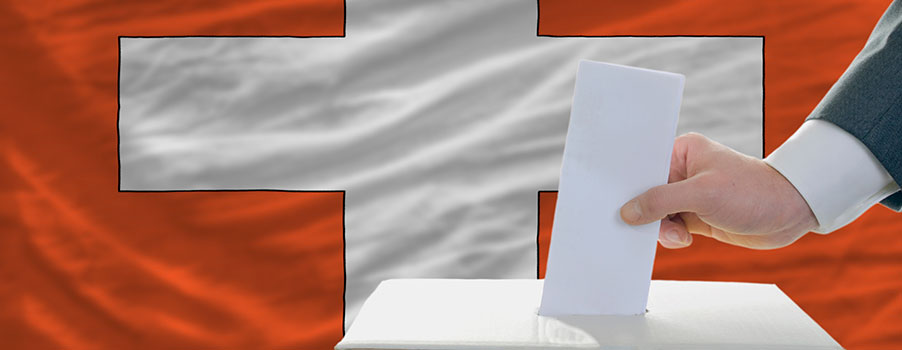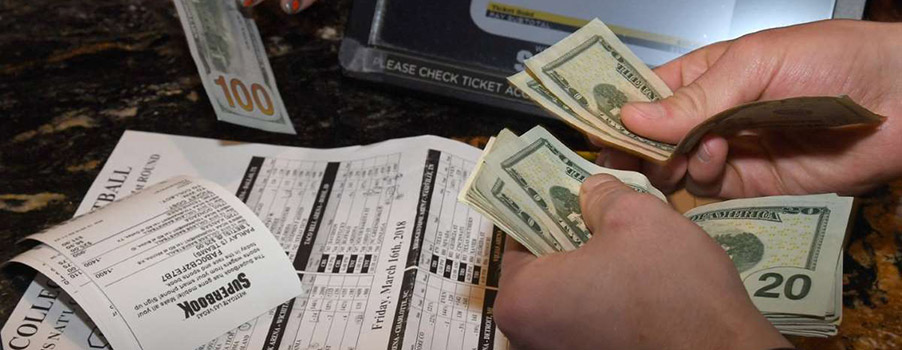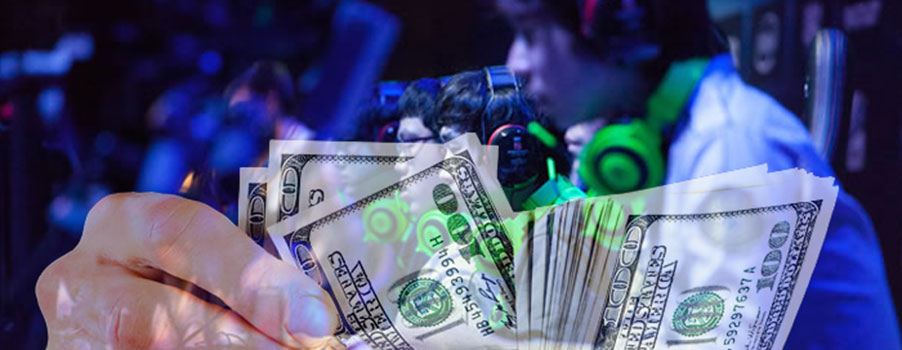The state and future of online poker in New York was subject to a whole lot of speculation even though 2018 seemed like the best bet for the activity after two years of cautious optimism. However, it turns out that this year was not the safe bet that New Yorkers were hoping for after all.
The New York Assembly ended the legislative session on Wednesday at 11 p.m. thus pulling the plug on the possibility of any online poker or sports betting legislation getting passed this year. This is starting to become a norm and, therefore, in retrospective, this outcome is more of a variation of the same story that the Assembly tells every year – regardless of the fact that a number of changes have been introduced to the process, the end result is always the same.
Was 2018 All About Sports Betting?
Naturally, following the US Supreme Court ruling that repealed the Professional and Amateur Sports Protection Act (PASPA), there was a lot of buzz and hype around the sports betting. As a result, online poker was once again relegated to the sidelines just like it was in 2016 when it was daily fantasy sports that were a big deal – it still is.
Unfortunately, despite the fact that the sports betting proposals stole the show at the state legislature and seemed to have support from both sides, unlike daily fantasy sports lawmakers were not able to reach an eleventh-hour consensus when it came to online poker. Sports betting joins a pile of other unfinished business – including online poker – which will hopefully be finished during the 2019 legislative session.
Still, there is no absolute certainty that the legislation will go as expected in 2019. This year, it was quite evident that the chaos in the legislature, especially the Senate, was starting to get out of hand – it was even worse as the session neared its end. This is probably one of the reasons why the online poker and sports betting bills were not passed even though New York was a favorite to pass at least one of these legislations this year.
What Now?
There is almost absolute certainty that the New York legislature will revisit the sports betting bill come next year. This is mainly because passing on sports betting will undoubtedly put the state at a competitive disadvantage to other states such as Delaware and New Jersey who have already legalized sports betting. Reportedly, the Assembly was just a little less than ten votes shy of a majority and the idea of adding online poker into the mix had been floated around earlier this year.
For the most part, until the 2019 legislative session begins, the leaders have plenty of time to carefully craft legislation that majority of the lawmakers can agree on. For now, we will just have to wait and see the developments that await.










